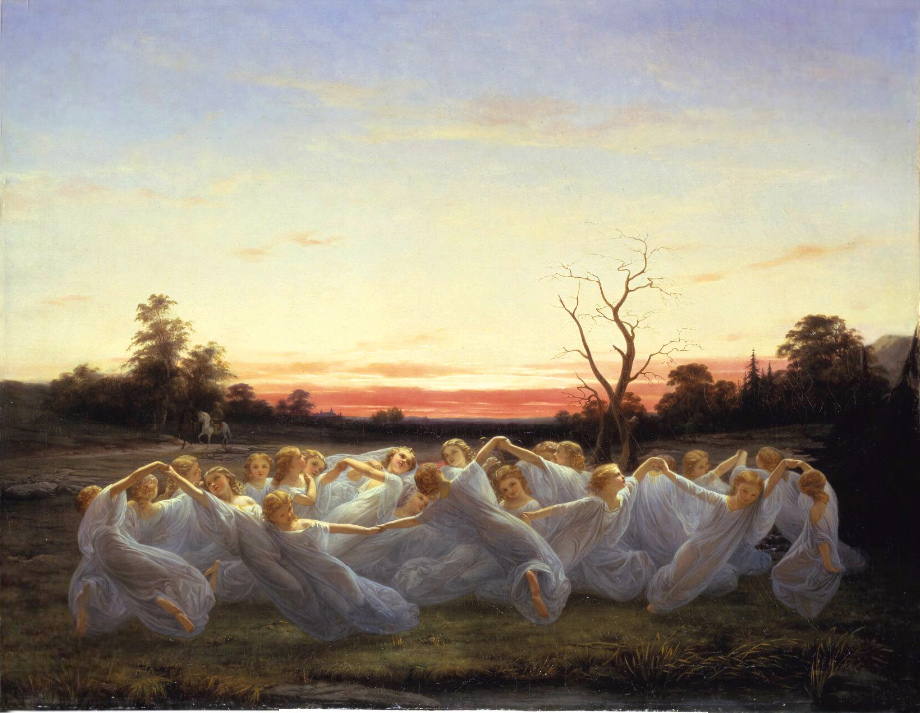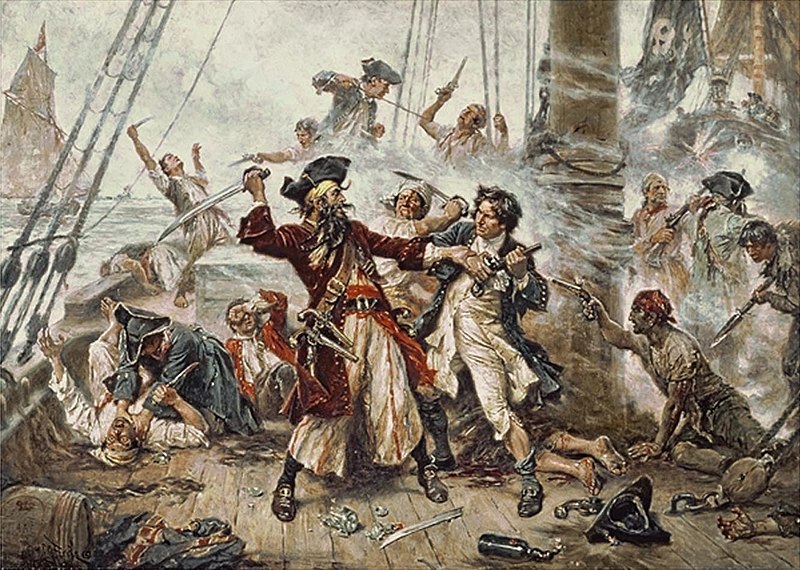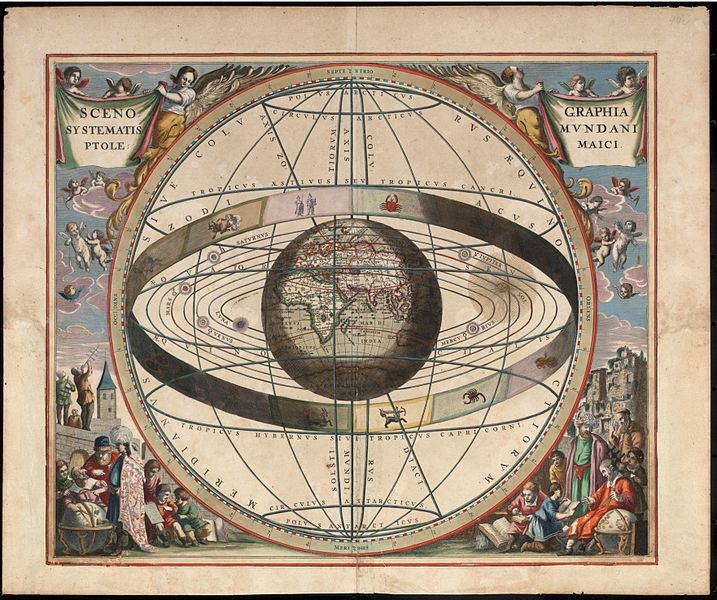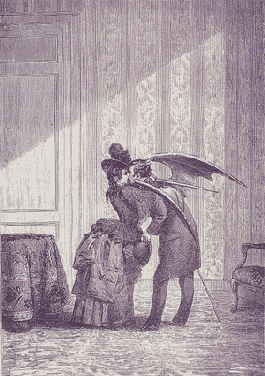
Heaven is something that is highly difficult to write about. Partly that's because no-one who writes about it has ever been there and partly because humans have a hard time imagining what something that good would be like even if it did happen. We have a far easier time imagining hell, because we naturally understand what would happen if the pain and misery we experience in this life were taken up to eleven, but we don't understand heaven as well because we have a hard time comprehending joy.
This makes writing heaven difficult. we humans are naturally pessimistic in nature, so we tend to be far more in tuned with how hell would feel then the opposite. So how does one write about heaven? I would tend to avoid the topic since I confess it's a subject that I know nothing but what scriptures tells me. But supposing you are a writer and you do want to write about heaven? How would you got about it?
Firstly, pray. This may sound like cliche advice (which it is), however if you are going to write about heaven, the best thing to do is to talk to God about it. After all since God is the one who made heaven in the first place you might thing talking to Him about it would contribute something to your edification on the subject. Heaven is going to be a place where the Power of God drips in everything. Prayer is basically one of the ways we can get close to the way heaven feels. What John Calvin called 'directing one's heart to fellowship with the Lord'.
Secondly, read scriptures. Wow prayer and scriptures? Legalistic much Brendan? Probably. But not here. See if you are going to right about Paradise it makes sense to look at what Scriptures actually says about Paradise. Seeing as it was written on the only authoritative source on the subject.
Thirdly, make it beautiful but also make it powerful. This is the problem with a lot of 'fluffy cloud heavens' or those cheap little pictures that show a picture of heaven that one saw in Sunday School. No, remember, that Heaven is not only a place that's good, but also the throne of God. Don't treat the Throne of God as if it was some sort of light vacation spot full of feminine angels and little lambies. Heaven is powerful. Beautiful. Wondrous. Numinous.
Fourthly. Love for God will go a long way here, as well as a healthy Fear of Him. Love is important, because heaven is dripping with His love. Fear because our God is a powerful God.
And this ended up being more a theological lecture then a discussion on writing. But when it comes to writing Heaven, theology comes into play.






.jpg!xlMedium.jpg)










